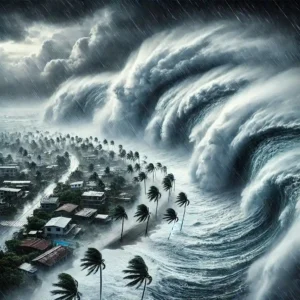
Hurricane season is a critical period for Puerto Rico, and being prepared can make the difference between safety and danger. In
Nature, in its occasional whim, reminds us year after year of the importance of being prepared to face the fury of hurricanes. At JRH Power Generator, we deeply understand the vital importance of anticipating the devastation that these natural phenomena can unleash. Hurricane season is upon us, and it is essential that you stay informed and ready for any eventuality.
In this article, we'll walk you through everything you need to know about hurricane warnings. Plus, we'll provide you with valuable tips on how to prepare and show you how electric generators can be your lifesaver during a hurricane threat.
Get ready to walk through this comprehensive guide and by the end you'll feel better prepared to face hurricane season with confidence.
During hurricane season, being informed is the first line of defense against these powerful natural phenomena. Hurricane warnings play a crucial role in the preparedness and safety of affected communities. Next, we will delve into what hurricane season warnings are and why it is vital to pay attention to them.
Hurricane warnings are official communications issued by weather and security agencies to alert the population about the imminent threat of a hurricane. These warnings provide valuable information about the hurricane's location, track, intensity, and potential impacts.
Protection of Lives and Property: The main objective of these warnings is to protect human life and minimize property damage. They give people the time necessary to evacuate at-risk areas and take preventative measures.
Planning and Preparation: Warnings allow communities and individuals to plan ahead. This includes securing emergency supplies, protecting property, and making informed evacuation decisions.
Panic Reduction: By providing accurate and timely information, warnings help reduce panic and uncertainty. People can take action based on reliable data instead of reacting impulsively.
In this section, we will take an in-depth look at the various types of warnings issued during hurricane season. Understanding these hazard categories is essential to assessing the severity of the situation and taking appropriate precautions to protect yourself. It is important to note that the classification of each warning may vary depending on the hurricane categories.
Hurricane Warning
Description: This is the most serious warning that can be issued during hurricane season. Indicates that a hurricane with sustained winds of at least 74 miles per hour (119 km/h) is expected to impact a specific area in the next 36 hours.
Recommended Action: If you receive a hurricane warning, you should take immediate steps to protect yourself and your family. Listen to evacuation instructions from local authorities and follow their guidance. Secure your home and stock up on water, food and essential supplies if you decide to stay home.
Description: This warning is issued when a tropical storm with sustained winds between 39 and 73 miles per hour (63-118 km/h) is expected to affect a specific area in the next 36 hours.
Recommended Action: Although tropical storms are less intense than hurricanes, they can still cause significant damage. Follow the recommendations of local authorities and prepare for heavy rain, winds and possible flooding.
Description: This warning is issued when a storm surge, also known as a storm surge, is expected to cause dangerous flooding in coastal areas during a hurricane.
Recommended Action: Evacuate coastal areas if a storm surge warning is issued. This threat can be deadly and it is crucial to take it seriously. Head to higher, safer ground.
Description: This warning is issued when flash flooding is anticipated due to heavy rainfall associated with the hurricane.
Recommended Action: Stay away from flood-prone areas and follow evacuation instructions if necessary. Do not attempt to cross flooded roads or enter rising waters.
Description: Tornadoes sometimes form during hurricanes. This warning is issued when tornadoes are expected to form in the region affected by the hurricane.
Recommended Action: Seek immediate shelter in a safe location, such as a basement or an interior room without windows. Stay informed about tornado conditions with a weather radio.
Description: This warning is issued when strong winds are anticipated, even outside the eye of the hurricane.
Recommended Action: Secure anything that could fly or cause damage. Stay indoors in a safe place until the storm passes.
Description: It is issued when extremely heavy rain is expected, which can cause flash flooding.
Recommended Action: Prepare for possible evacuations and stay away from flood-prone areas.
Understanding these types of warnings will enable you to make informed decisions and follow the guidance of authorities in times of hurricanes. If you are looking to delve deeper into this topic and explore other related topics, we encourage you to explore our Blog, where you'll find a wide variety of helpful resources and tips.
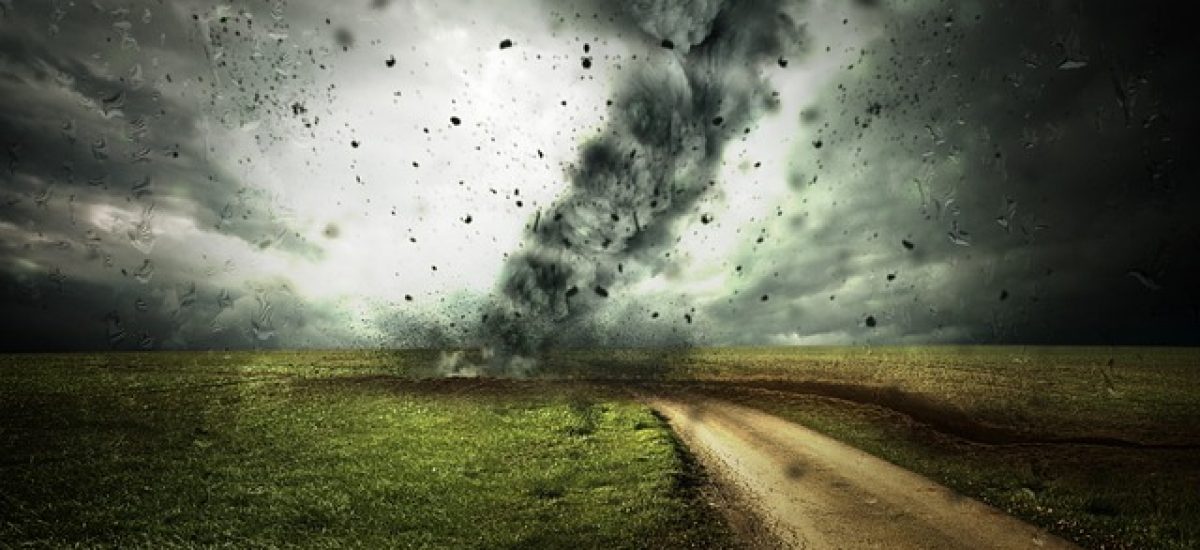
To stay informed about hurricane warnings, it is essential to have multiple reliable sources of information. You can use weather radios, mobile apps, forecast websites, and tune in to media updates. Additionally, you should understand the terminology used in warnings, such as “sustained winds” and “storm surge,” to better understand the severity of the threat.
When hurricane season is approaching and warnings are in the air, one of the most pressing concerns is the availability of electrical power. Storms can take down power lines, cause blackouts, and leave entire communities in the dark. It is in times like these that electrical power becomes a critical need, especially to ensure the operation of medical devices, cooling systems, communications and more.
At JRH Power Generator, we understand the importance of having a reliable power supply during emergency situations. That is why we offer a wide range of electricity generators Designed to provide constant power when you need it most.
Our three phase diesel generators They are an outstanding option to ensure a continuous supply of energy in times of crisis. Here are some reasons why they are a smart choice:
Robustness and Reliability: Diesel generators are known for their durability and ability to run for long periods without problems. This makes them ideal for facing adverse conditions during and after a hurricane.
Greater Load Capacity: Three-phase generators can handle heavy loads and industrial equipment, making them a versatile option for both homes and businesses.
Energy efficiency: Three-phase diesel generators are highly efficient at converting fuel to electricity, resulting in lower fuel consumption and lower long-term operating costs.
Automatic start: With the auto-start feature, our three-phase diesel generators will automatically activate in the event of a power outage, ensuring there are no interruptions to your power supply.
Technical support: At JRH Power Generator, we not only offer high quality products but also strong technical service support. We are ready to advise you on the selection, installation and maintenance of your generator.
Don't underestimate the value of energy in emergency situations. Be prepared with a three-phase diesel generator from JRH Power Generator and ensure the continuity of your operations, the safety of your family and the peace of mind during hurricane season and beyond.
In JRH Power Generator, we are here to help you find the right energy solution for your specific needs. Hurricane season is just one of many times when a reliable power source is essential, and we are committed to being your partner in preparing for any emergency.

Hurricane season is a critical period for Puerto Rico, and being prepared can make the difference between safety and danger. In
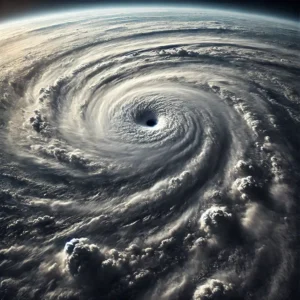
Understanding how a hurricane forms allows us to be one step ahead and prevent the devastating effects of these natural phenomena. Especially in areas
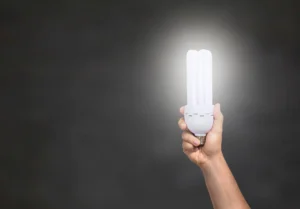
In a world where energy efficiency is increasingly a priority, learning to save energy has become a crucial need for both
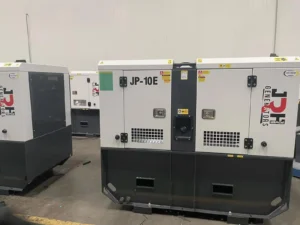
In a world that doesn't stop, the need for a reliable and continuous power source is more crucial than ever. At JRH Power
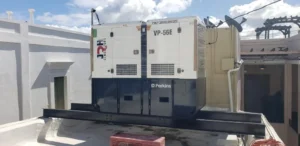
Have you ever wondered how electricity becomes a constant in our lives, even in the most critical moments? At JRH Power
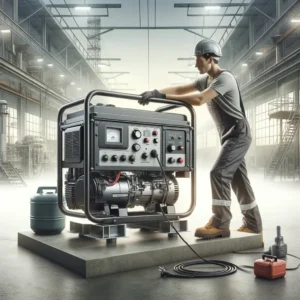
In our modern world, where electricity is vital, power outages are a frequent reality. Know how to connect a generator to the house